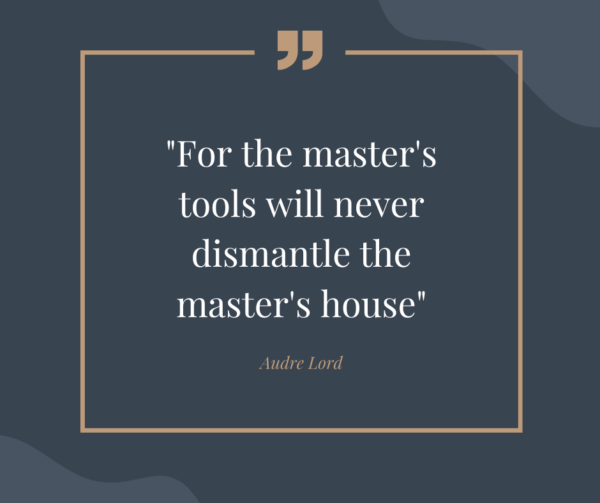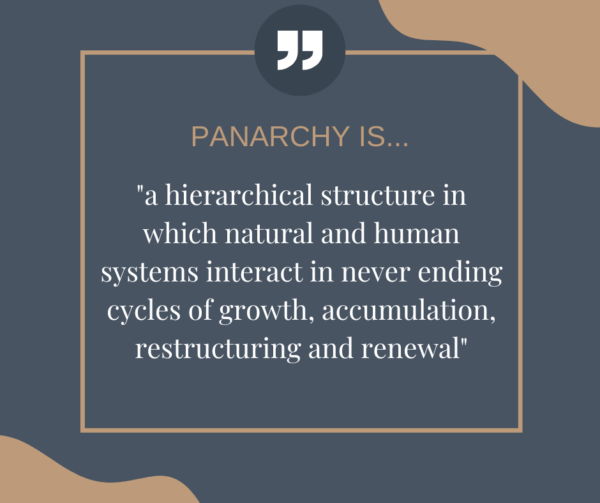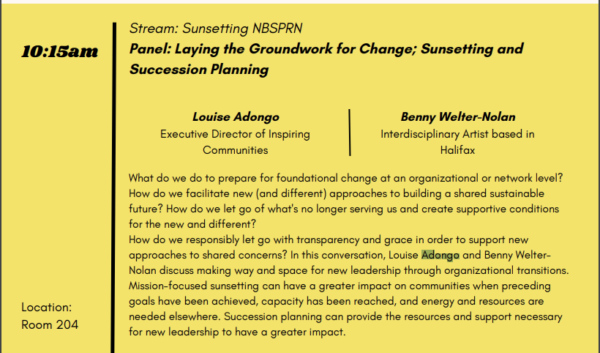Introduction to our Leadership Blog Series

You have only to review this blog section to realize that Inspiring Communities is an organization in transition. Or perhaps, it is easier to think of us as a forest. Like all ecosystems, forests change over time – different trees, plants, animals and insects are ascendent at any given time. There is a term for this: ecological succession.
As you’ll see, this is already a hint towards where this series is going.
Inspiring Communities aims to explore new, innovative ways of interacting with systems to generate greater equality and thriving communities; and changing ourselves is an important step in this process. We are all a part of this world, and if we do not examine and consciously change our approach, it is all too easy to embed the characteristics of the current system.

Our Executive Director, Louise Adongo, likes to talk about our work in terms of fractals, and a course we are engaging in as an organization, “Unpacking Culture” by Pause and Effect, uses fractals as a way to describe how systems of oppression persist and perpetuate. Within each of us, and within each organization, are the small scale versions of the large scale ‘system’. Which means, when we make changes close to home, we shift the overall patterns as well.
Members of our team have taken part in the Cafe at the Edge of the World, an exercise in exploration and unlearning offered by Wolf Willow. The Cafe showcases multiple ways to develop a better understanding of our own biases and to challenge ourselves to decolonize, using different media: art, storytelling, outdoors experiences, dance, new frameworks and theories, and focused, conscious intentionality.
Like Wolf Willow, we have explored culture as an intervention, and different frameworks to guide our thinking. The Berkana two-loop system was the focus of our 2022 retreat, to examine how we are positioned in terms of old systems dying and new systems being born. Panarchy loops offer another framework that describes the adaptive cycle; stacking these loops examines change over time and how phases of the cycle are reflected in later iterations.

This blog series will capture some of the thoughts and learnings about identity, intersectionality, leadership, equity in leadership, and burnout that Louise has seen emerge during her two-plus years with Inspiring Communities. Louise will be joined in dialogue with Benny Welter-Nolan, a leadership and succession consultant who is, among other things, the past Executive Director of Visual Arts Nova Scotia with over a decade of experience in the cultural sector (see Benny’s bio, below). Benny will begin working with IC around holistic support (staff, board and leadership) for healthier transitions. This conversational blog series will share their reflections about their experience and insights into leadership transitions which support the ecology and plurality in our social purpose sectors.
Louise & Benny recently presented at GovMaker 2023 at the Pond-Deshpande Centre in New Brunswick. Their talk was titled Laying the Groundwork for Change; Sunsetting and Succession Planning.

Looking forward
Reflections and lessons that will be captured in this three-part blog series:
- Healthy transitions and succession are vital to leadership retention and impact
- Burnout is a systemic issue with individualized impact exacerbated for BIPOC leaders of intersectional identity
- Co-leadership is an opportunity for systemic change to support plurality, particularly in the context of systems transformation and equity work.
Read the series:
- Burnout and Systemic Barriers to Rest & Resilience
- Collaborative Leadership as a Model for Healthy Transitions & Succession Planning
- Governance, Leadership and Equity in the Sector
Bio – Benny Welter-Nolan
Benny Welter-Nolan is a cultural worker based in Kjipuktuk, Mi’kma’ki also known as Halifax, Nova Scotia. Their passion for opportunity accessibility and solidarity between equity-deserving communities is informed by their disability, polyqueer and transgender identities. Their early experience in art and governance led them to understand that political will follows cultural shifts, and that the arts are a leader of social transformation.
Benny has over a decade of experience managing charitable organizations through major transitions. As the Executive Director of Visual Arts Nova Scotia, they created a strategic plan and implemented systems change focused on equity, sustainability and connection. They increased the organization’s operating budget by over 50%, fundraising more than a half million dollars and successfully advocating for major operating support increases with the province and municipality. Their leadership consultancy Shaping Change helps social purpose organizations build more collaborative, inclusive, and equitable workplaces.
Having served as Co-Chair of The Youth Project, Co-director of Hermes Artist Cooperative, Treasurer of Halifax Crafters Society, Secretary of Eyelevel Artist-Run-Centre, NSCAD University Board Member, and Treasurer of Wonder’neath Arts Society, they are known for their expertise in financial capacity building, equity-focused governance and collaborative systems change.

Images Used:
Share this:
Comments are closed